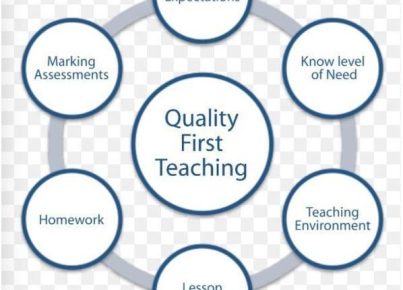Introduction
Adolescence is often portrayed as a difficult and tumultuous stage in life. The general assumption is that teenagers are moody, rebellious, and full of angst. While it’s true that adolescents face unique challenges as they transition from childhood to adulthood (such as pressure from peers, school, and parents), it’s crucial to reassess our approach to the adolescent period. By shifting our perspective and adopting a more holistic understanding of adolescence, we can better support teenagers through this critical phase of development.
Understanding Adolescence
To fully appreciate the complexities of adolescence, it’s essential to acknowledge both the biological and psychological aspects of this stage. The teenage years are characterized by significant hormonal fluctuations, changes in brain structure, and rapid cognitive development – all of which contribute to shifting moods and behaviors.
Furthermore, teenagers are trying to define their own personal identities while navigating relationships with their family, friends, and romantic partners. This can lead to high levels of stress and a struggle for autonomy as they seek greater control over their lives.
Re-framing Adolescence: Focusing on Potential
Instead of viewing adolescence as a time of turmoil and disruption, we should recognize the tremendous potential for growth and achievement during this stage. Teenagers possess diverse skills sets, talents, and strengths – many of which can be fostered through involvement in extracurricular activities or joining clubs. Encouraging teens to pursue their passions not only helps them develop self-confidence but also provides meaningful opportunities for connection with others.
Moreover, adolescents are capable of creative problem-solving and making valuable contributions to addressing societal issues. By involving teens in meaningful discussions about politics, environment, health or other topics affecting their lives, we show them that their opinions matter and they can make a difference.
The Role of Parents & Educators
Parents and educators play integral roles in shaping adolescents’ attitudes and helping them navigate the challenges of adolescence. By adopting a strength-based approach, adults can empower teenagers to develop resilience, confidence, and coping skills. Some ways to create a supportive environment include:
1. Encouraging open communication: By providing a non-judgmental space for teens to express their feelings and thoughts, adults help foster trust and understanding.
2. Setting clear boundaries and expectations: Teens benefit from having clear guidelines, coupled with appropriate levels of autonomy to make choices within those boundaries.
3. Prioritizing mental health and wellbeing: Teaching stress management techniques like meditation or yoga can help teenagers deal with anxiety, depression, or peer pressure.
4. Promoting healthy relationships: Educate adolescents about respecting themselves and others, teach effective communication skills, and encourage seeking help when needed.
Conclusion
It’s time we challenge the stigmatizing narrative surrounding adolescence. By looking at this stage in life through a new lens – one that recognizes the immense potential within each teenager – we can better support their growth and development. Let’s focus on fostering resilience and empowering teenagers to thrive throughout this transformative time.





